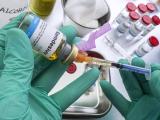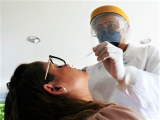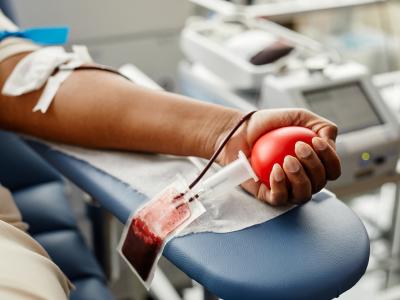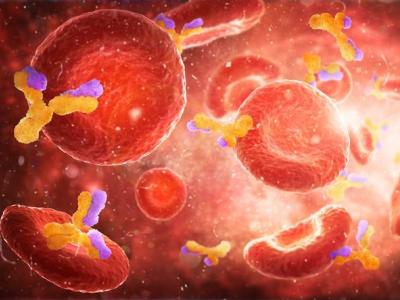A real-world study today finds that the Pfizer/BioNTech and Moderna mRNA COVID-19 vaccines were highly effective at preventing symptomatic COVID-19 among US healthcare workers at 33 sites in 25 states, including those in high-risk and minority racial groups.
The study, published in the New England Journal of Medicine, follows the release of interim study data in Morbidity and Mortality Weekly Report on May 14, 2021.
Effective regardless of chronic disease, patient contact
A team led by Centers for Disease Control and Prevention (CDC) researchers estimated vaccine effectiveness (VE) after receipt of one or two vaccine doses in 1,482 healthcare personnel who tested positive for COVID-19 and had at least one symptom, compared with a 3,449-member control group who tested negative.
Enrollment took place from Dec 28, 2020, to May 19, 2021. Of all participants, 69% were employed at hospitals, 31% worked at outpatient or specialty clinics, 1% worked in urgent care clinics, and 1% worked in long-term care. About 76% were younger than 50 years.
Vaccine uptake across locations ranged from 55% to 98% for one or more doses and from 51% to 94% for two doses. Among vaccinated participants, 78% of those infected and 79% controls were given the Pfizer vaccine, while 21% and 20%, respectively, received Moderna.
VE was evaluated 14 days before to 6 days after the first dose or 7 days after the second dose. A sensitivity analysis also assessed VE 14 days after the second dose.
After one dose, VE was 77.6% (95% confidence interval [CI], 70.9% to 82.7%) with the Pfizer vaccine and 88.9% (95% CI, 78.7% to 94.2%) with Moderna. After two doses, VE climbed to 88.8% (95% CI, 84.6 to 91.8) and 96.3% (95% CI, 91.3 to 98.4), respectively.
VE was comparable among all groups, regardless of race, presence of underlying medical conditions (except immunosuppression), and degree of patient contact. And, while the researchers note that VE was lower 9 to 14 weeks post-vaccination than at 3 to 8 weeks after, the CIs had wide overlap.
"In this multisite, test-negative case-control study, we found that both the BNT162b2 [Pfizer] and mRNA-1273 [Moderna] vaccines were highly effective against symptomatic COVID-19 among health care personnel," the researchers wrote.
Long-term duration, level of protection unknown
The sensitivity analysis, which excluded negative controls, revealed a VE of 82.1% for one dose and a VE of 90.9% for two doses (95% CIs, 76.6% to 86.3% and 87.2% to 93.5%, respectively). VE among partially and completely vaccinated pregnant participants was 77% (95% CI, 32.2% to 92.2%). Among immunocompromised participants, VE was 39.1% (95% CI,–45.0% to 74.4%) after one or two doses, which the study authors said was similar to the VE from other recent studies.
Two percent of case participants were hospitalized for treatment of COVID-19, and 1% of controls were admitted for a non-coronavirus indication. The median time between the second dose and a positive COVID-19 test was 41 days, and the median interval between the two doses was 21 days for Pfizer and 28 days for Moderna.
Three-quarters of all participants had one or more underlying illnesses, the most common of which were obesity (36% of case participants and 31% of controls), overweight (29% and 28%, respectively), asthma (14% and 18%), and high blood pressure (15% and 14%). Sixty-two case participants were pregnant.
The researchers said that because of the study's relatively short follow-up, the level and duration of protection that the mRNA vaccines give healthcare personnel against COVID-19 and its variants is unknown and should be tracked to indicate whether vaccine composition or policy changes are needed.


















